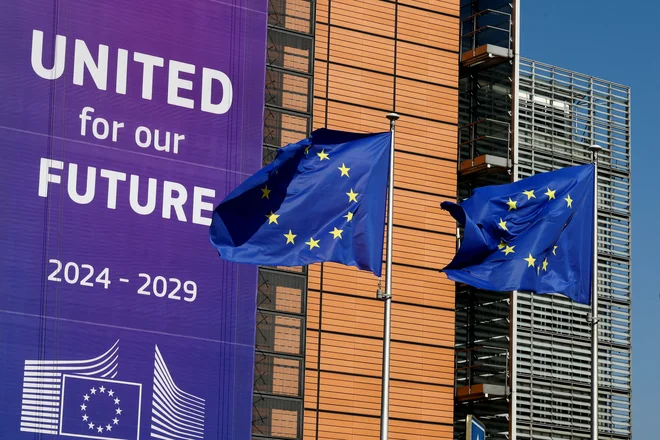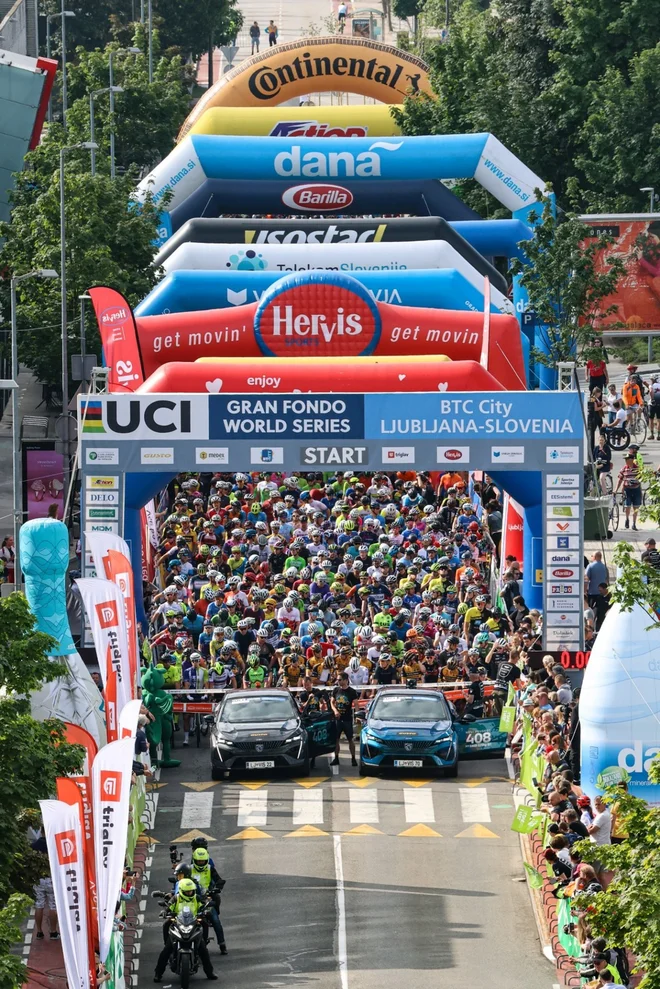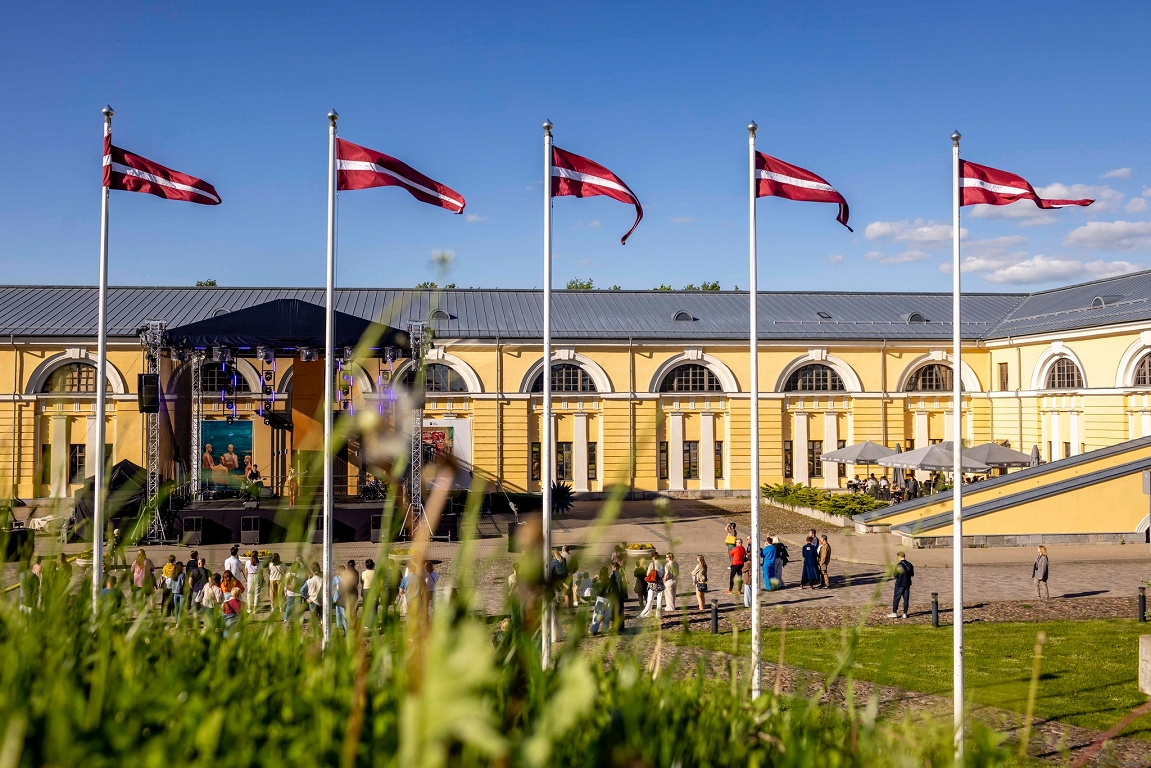Social pressures and expectations from mothers steeply grow
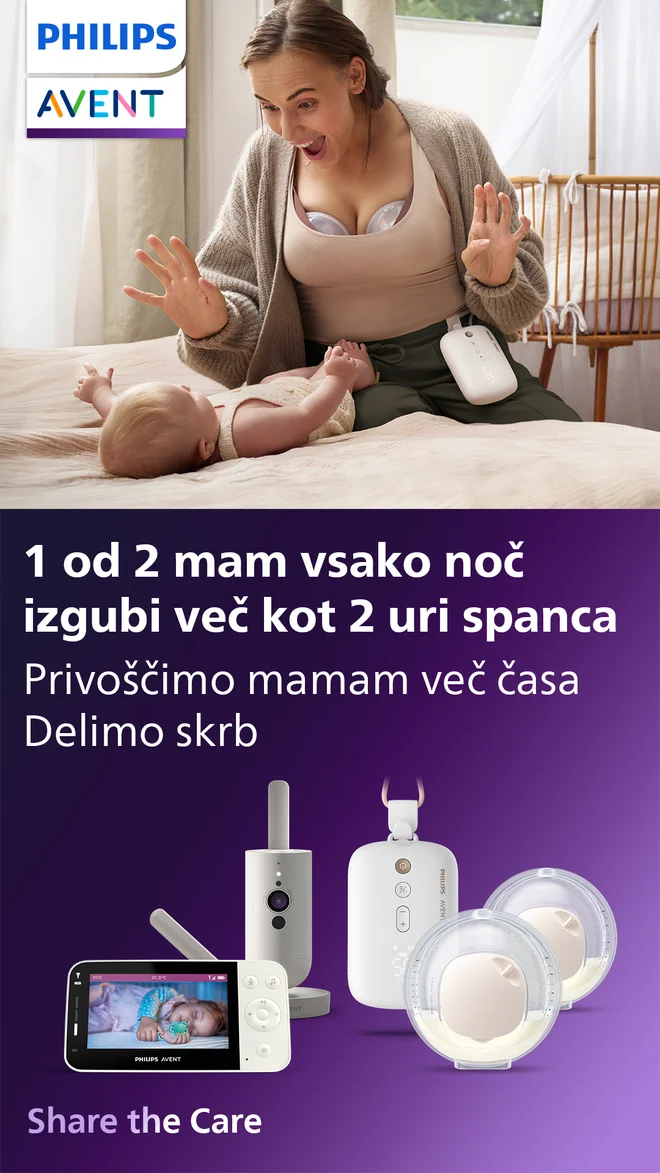
Philips Avent It calls on the community to support more moms and help reduce the pressure they are facing with their new Share The Care initiative.
Photo: Philips
- Investigation Philips Avent It reveals that moms often feel guilty when they take time for themselves – about half of their moms (44 %) feel the pressure to « do everything ».
- Mothers believe that they can take best care of their babies when they take care of themselves – and think it is time to demolish social pressures that they must be « perfect » parents.
- In response to that Philips Avent It begins the new Share The Care movement, encouraging families, friends and communities for better support for moms so that they can give priority to their well -being and care for themselves.
Royal Philips (NYSE: PHG, AEX: Phia), Global Health Technology Leader, Starting Movement #Sharethecarewho calls on families, friends and communities to help moms share caring for the baby so that they can distribute care for themselves and their needs. Philips Avent He is committed to the demolition of old -fashioned ideals that moms have to « do everything » on their own. The call comes in response to a survey that reveals that two of three moms (61 %) have only one hour or less a day for their basic needs.
Moms care for their well -being
Further research shows that about half of the mothers (44 %) feel the pressure that « they have to do everything » and more than a third of mothers (37 %) « very » concerns about their overall happiness and well -being. The vast majority of moms (73 %) say that their ability to care for the baby would adversely affect if their happiness and wellbeing were affected, which reveals that mothers care best when they care for themselves.
Moms are under greater pressure than a decade ago
The movement of philipsa Aventa It comes at the moment when moms need the support of their teams more than ever. The survey reveals that almost all moms (74 %) believe that social pressure and expectations have increased in the last ten years, with the majority of society (66 %). In fact, most people (88 %) recognize that mothers sacrifice their personal health and well -being to take care of the baby. These victims bring risks as mothers (74 %) are more anxious than the period before they had children.
Lack of sleep plays a big role – and urging moms to support (good sleep)
Too little rest plays a big role in how moms feel today, as more than half (51 %) says that sleep lack puts them under even greater pressure; Almost a quarter (23 %) loses three hours or more each night. Mothers (66 %) want their partners to help them care for the baby. Almost half of moms (44 %) want their grandparents to help them. Yet, the company remains restrained, and a third of people (38 %) do not offer assistance for fear of not taking care of the baby, as moms expect.
Message Share the Care is clear – and Philips Avent leads the initiative
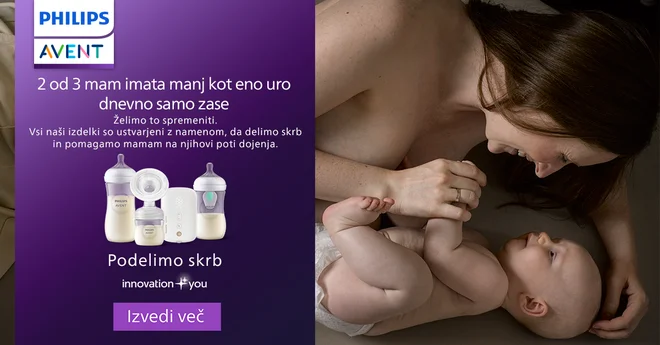
Photo: Philips
According to findings through this new Philips Avent movement, it raises consciousness and encourages families, friends and wider support networks to get involved – it can be simply like picking up a night shift or sharing a baby’s feeding.
Philips Avent is here to help
Now is the time for society to enter action and support moms. And Philips Avent is here to help. In celebration of last year’s 40th anniversary, we remain committed to supporting and encouraging women to take control of their parental path through the period before conception, during pregnancy and a postpartum period to improve their health and well-being of moms, infants and family.
Follow up and perform more about the #sharethecare movement on website Philips Avent or Social Networks Instagram and Facebook.
About the research
The international survey was conducted by Onepoll on behalf of Philips in November 2023 with 12,000 mothers who have children from 0 to 3 years, in the following countries: USA, France, India, Indonesia, Poland, Turkey, Brazil, Germany (totaling 12,000 moments). The survey also includes questions asked 2000 members of the general population (weighted that they are national representative in relation to age/region) in each of the above countries (a total of 16,000 answers from the general population).

